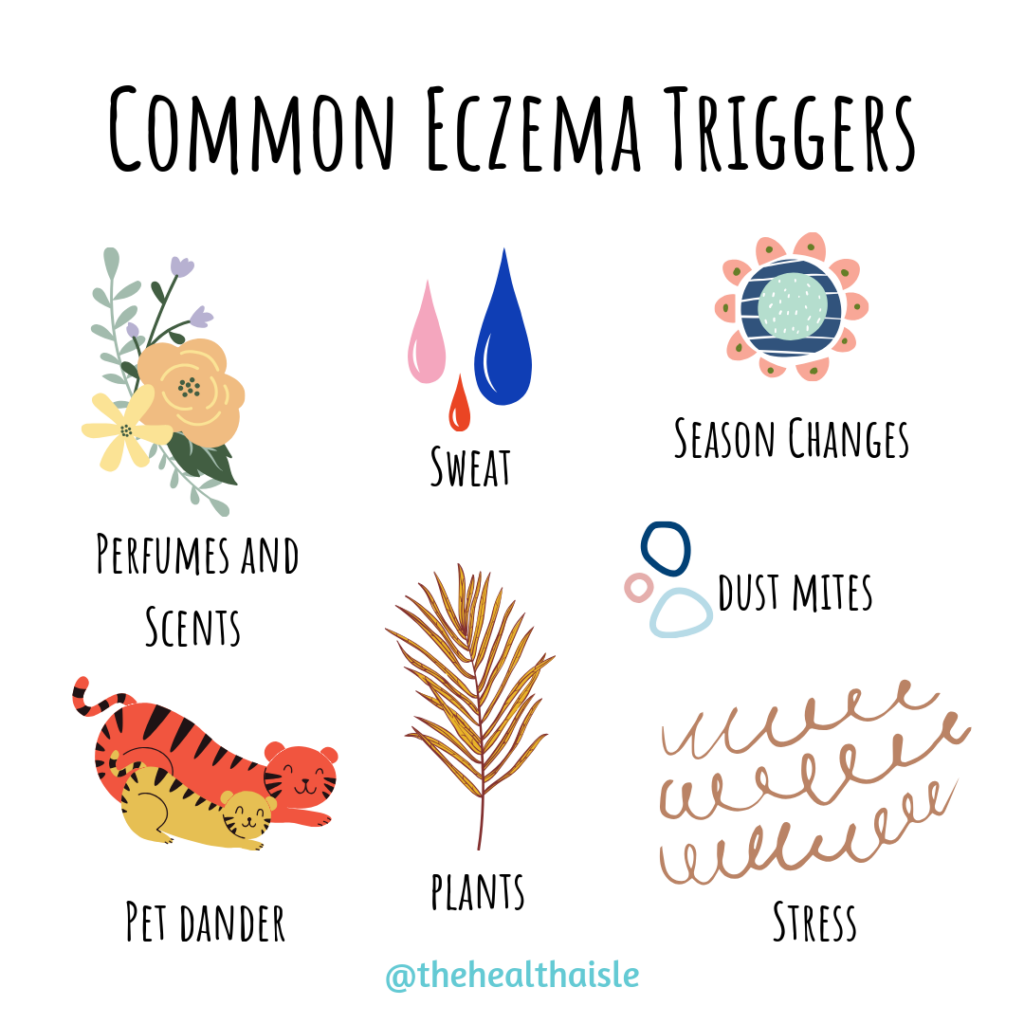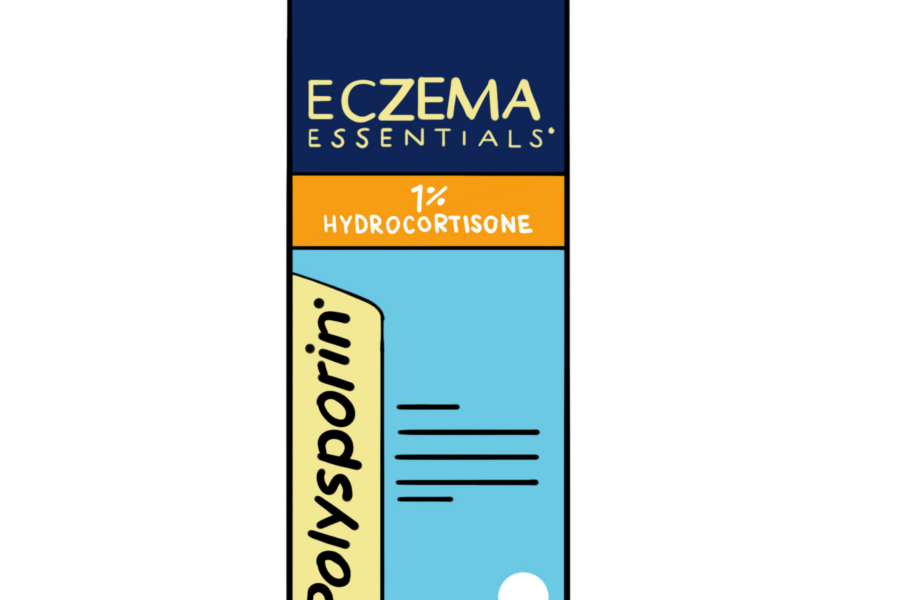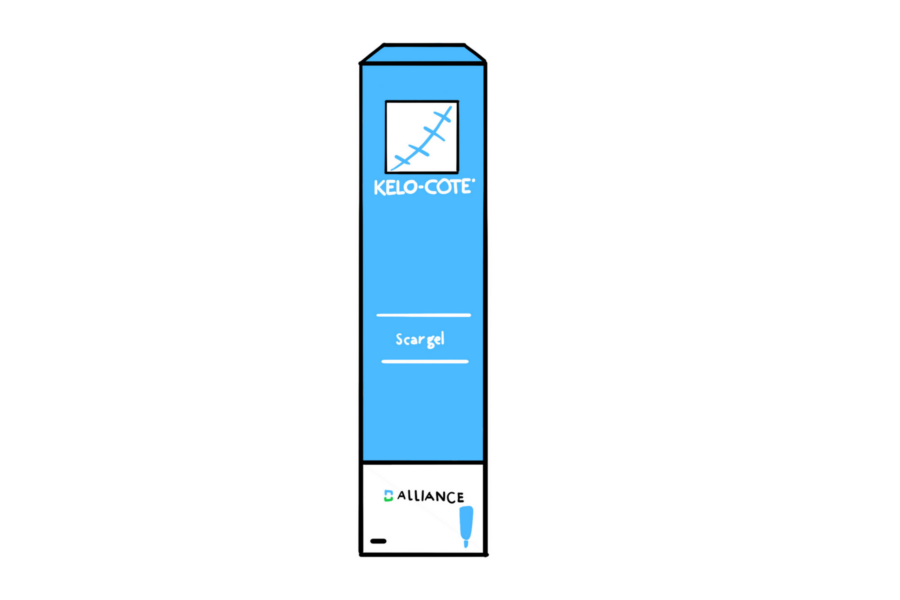Depending on the severity of your eczema, you may need a combination of prescription treatment options and some natural ones: like diet, exercise, a good moisturizer and paying attention to what products you use. Topics surrounding the use of of corticosteroids and eczema are very common so we wanted to talk about over-the-counter (non-prescription) product 1% hydrocortisone.
We sat down with pharmacist and co-owner Sara Azad at Brisson Pharmacy in Ottawa, Ontario to discuss corticosteroids and eczema use. Corticosteroids are one option to help with eczema, but it is important they are used correctly to maximize how well they work and reduce common side effects. Here are some of the questions we asked?
- What is your biggest concern with topical corticosteroid use?
- What are some general topics you educate your patients on in order to safely use corticosteroids?
- What are your thoughts on eczema triggers?
- What are your thoughts on stress and eczema?

What is your biggest concern with topical corticosteroid use?
Whether or not they are used correctly. Some patients are nervous so they under-use them while others seem to use it too liberally. Both of these situations result in the topical corticosteroid not working!
What are some general topics you educate your patients on in order to safely use corticosteroids?
First, it is important not to confuse topical corticosteroids with systemic corticosteroids. Topical corticosteroids are creams and ointments you apply directly onto the skin. When they are used correctly (ie the smallest amount applied directly onto the rash), they are not absorbed in the body in amounts that result in side effects we tend to see more commonly with systemic corticosteroids.
Second, there are many different topical corticosteroid potencies. The 0.5% and 1% hydrocortisone are the mildest forms over-the-counter. The choice of topical corticosteroid depends on the severity of eczema and the affected area. It is important to only use it where you’re directed – don’t use a corticosteroid prescribed for the body on your face.
Third, topical corticosteroids aren’t meant to be used like a body cream. The prolonged use of topical corticosteroids is what leads to thinning of skin. In fact, the treatment tends to stop working when it is used regularly for too long. I encourage patients to take breaks from their topical corticosteroids if they need to use it beyond 2 weeks and use something hydrating for 5-7 days before re-starting.
What are your thoughts on eczema triggers?
Eczema triggers can be different for everyone! They can be related to food, cosmetics, stress and even the environment – so try and figure out if something is triggering it! It’s a good idea to read labels and identify ingredients that can make you more prone to an eczema flare up because a lot of ingredients can be hidden. For example, it can be hard to identify preservatives hidden in perfumes.

What are your thoughts on stress and eczema?
I think they are quite related and can be one of the main triggers!
Bottom line: it’s important to look at other factors, such as diet and nutrition, stress management and lifestyle in addition to prescription products.
Sara Azad is a Pharmacist and a co-owner at Brisson Pharmacy in Ottawa, ON
Edited and Reviewed by The Health Aisle
Last Updated: September 30, 2019



Leave a Comment